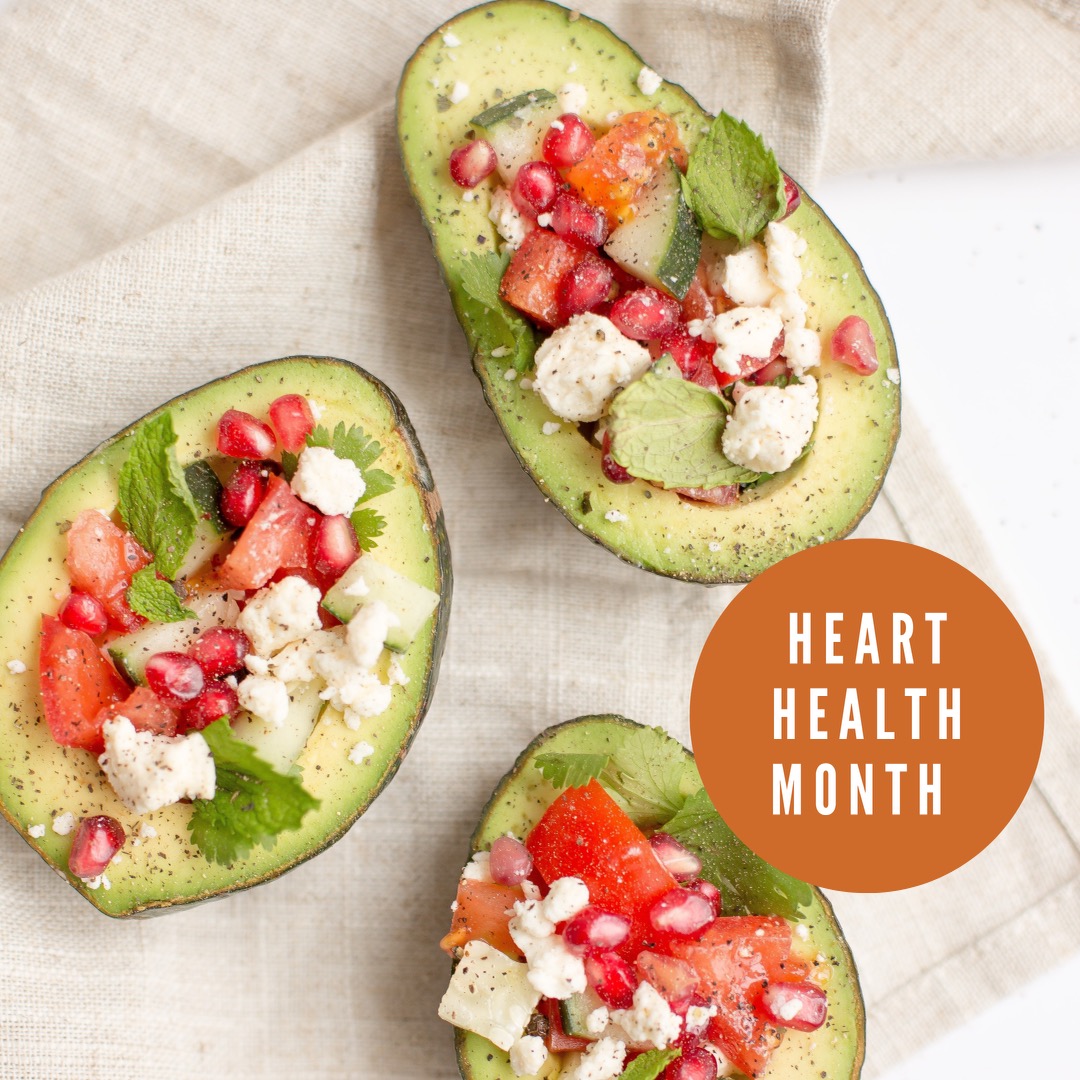Very fittingly the month of February is Heart Month, a month dedicated to creating awareness around how to take care of our heart health.
Many of you already know the key ways to take care of heart health are by:
- eating a diet rich in plants and wholegrains
- keeping stress to a minimum
- exercising regularly, if not daily
- avoiding smoking and limiting alcohol (or do not consume more then no more than 10 standard drinks a week and no more than 4 standard drinks on any one day.
However, if you are already ticking all of these boxes, here I am digging a bit deeper into each area above and beyond, to share some lesser spoken about ways to care of heart health.
Yoga
While cardiovascular exercise is promoted as heart friendly, research has found yoga teachers, who regularly practice yoga, benefit from a strengthening of their parasympathetic control. This is a sign of better control over their heart rate and in turn overall heart health. Therefore, its more then likely the benefits of yoga extend to those who practice it so if you are fond of yoga, I encourage you to roll out your yoga mat and aim to include yoga as a part of your weekly exercise regime.
Listen to Music
A very small study has shown that listening to music, which you enjoy, can cause the tissue in the inner lining of blood vessels to dilate in order to increase blood flow. This helps to improve blood vessel function, which is beneficial to heart health. On the flip, the study showed that when participants listened to music they perceived as stressful, their blood vessels narrowed which reduced blood flow and has a negative impact on heart health.
Owning a Pet
Research has shown that in general, people who own a pet, compared to those that do not, are more likely to engage in more physical activity, consume a better diet and have more balanced blood sugar. More specifically, the greatest benefits results from those who own dogs, which makes sense if owners spend time walking their dogs.
Healthy Sun Exposure
Exposure to sunlight has been shown to potentially reduce blood pressure because when the skin is exposed to sun a compound is released which helps to lower blood pressure. Blood pressure is of course a risk factor for heart disease and heart attacks. Depending on where you live in the world, it’s important to be mindful of safe sun exposure and avoiding the sun when UV is not at its highest, usually before 10am and after 3pm.
Positive Thinking
Research has linked optimism and positive thinking with a reduced risk of heart disease. Similarly, a perceived high purpose in life was associated with lower odds of having a stroke. Its important to note, participants found to be most optimistic were also less likely to be smokers, engaged in more regular activity and consumed healthier diets (more fruit/veg and less processed meats and sweets). This just goes to show health truly is holistic and not one single factor can be the determinant of good health vs poorer health outcomes.
Healthy Sleep
Recent research has shown participants with the healthiest sleep pattern had a 42% reduction in the risk of heart failure compared to people with an unhealthy sleep pattern. Specifically, the best outcomes were reported in those who were early risers, people who sleep 7-8 hours daily, those who do not have frequent insomnia and in those who report no daytime sleepiness. A pretty good excuse to head to bed early I say!
